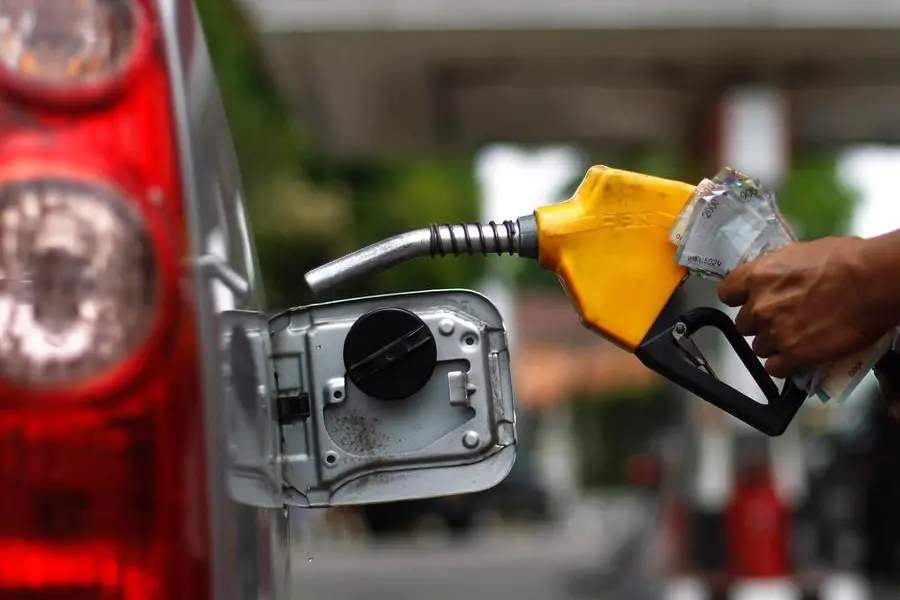PHOTO
Envoys of the European Union's 27 countries meet on Wednesday over a proposal by the bloc's executive to cap future gas prices at 275 euros per megawatt-hour (MWh), a plan that has swiftly drawn criticism from both backers and opponents.
After months of infighting in the bloc, the executive European Commission proposed the cap ahead of EU energy ministers talks on Thursday on the bloc's latest emergency measures to alleviate a winter energy crunch.
It would kick in if the front-month price on the Dutch gas exchange Title Transfer Facility (TTF) exceeds 275 euros/MWh for two weeks and if, at the same time, the prices are 58 euros higher than a liquefied natural gas (LNG) global reference price for 10 consecutive trading days.
The proposal drew ridicule from proponents of a decisive market intervention to bring down runaway energy prices that last August hit all-time-highs as Russia cut supply following EU sanctions over Moscow's war against Ukraine.
"That's a cap that would not act as a cap," said a diplomat from one such country.
They noted that conditions for triggering the cap are so inflated it would not have even kicked in last August, rendering it effectively useless.
The front-month price on Dutch gas exchange TTF is currently 130 euros.
There are as many as 15 EU countries demanding a solid cap. Among them Belgium, Poland, Italy and Greece threatened to block other energy measures on the table if the package does not contain an actionable plan to prevent excessive price spikes.
On the other side of the table, however, is a small but powerful camp led by the EU's biggest economy Germany.
Together with the Netherlands, Sweden and Finland, they have argued a cap would push providers to sell elsewhere and cut incentives to bring down gas consumption.
In a bid to assuage those concerns, the Commission said tracking the global LNG price would ensure suppliers continue selling to Europe. It also proposed that mandatory gas savings would kick in for the bloc if a cap is activated.
That would mark a considerable change in EU policies given the 27 member countries have so far only agreed to voluntary gas consumption cuts.
EU countries must approve the Commission's proposal for it to become law yet with the current split in views, hopes are low that energy ministers can work out the specifics this week.
Other energy policies awaiting their approval on Thursday include speeding up permissioning of renewable energy sources and launching joint gas purchases for the bloc. (Reporting by Gabriela Baczynska; editing by Jason Neely)





















